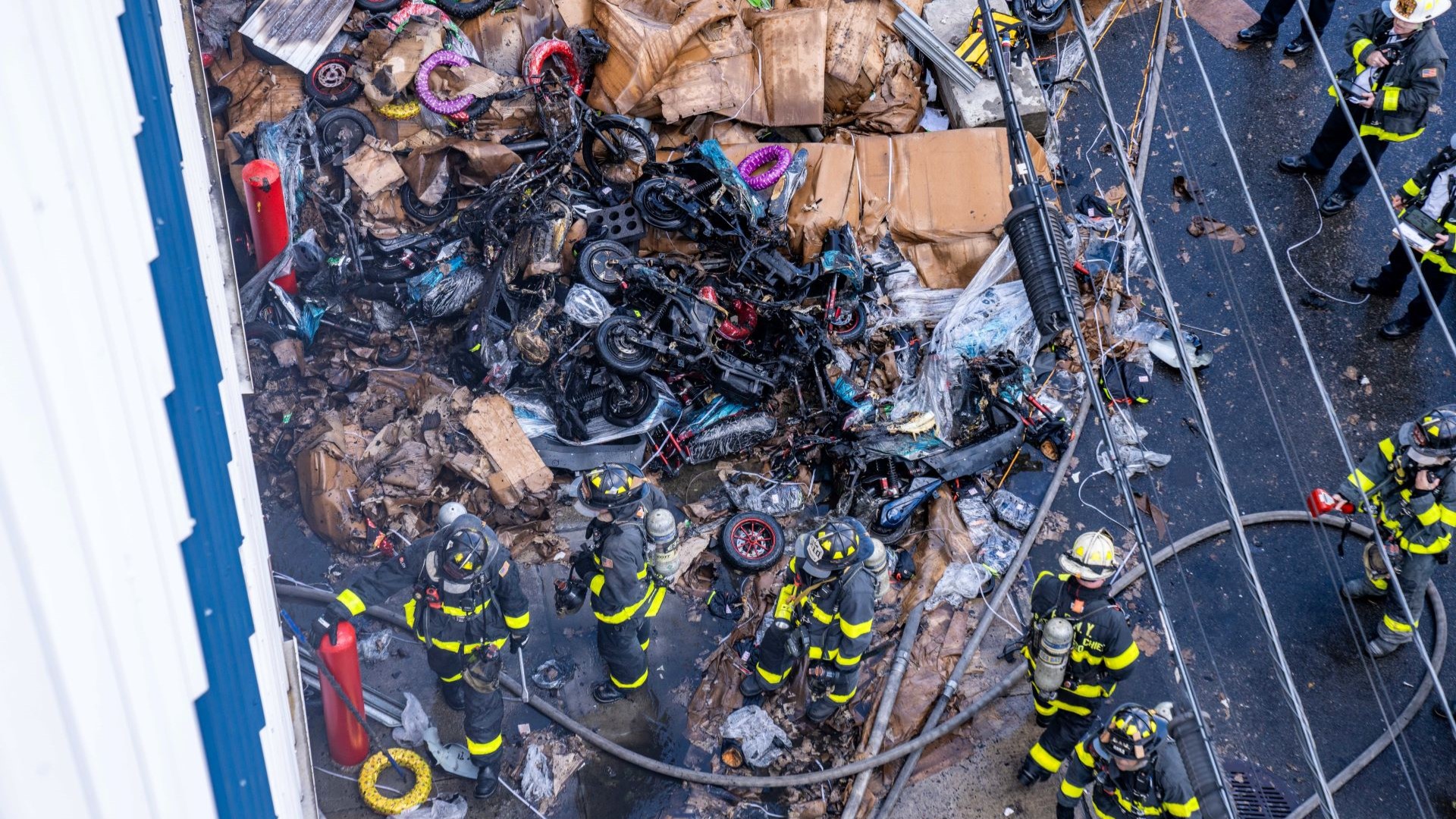
E-bikes have been taking the bike industry by storm in the last few years and is in itself an industry valued at nearly two billion dollars. However, these lithium-ion battery-powered bikes aren’t all rainbows and unicorns.
Some e-bikes have caused bodily harm due to alleged malfunctioning parts, while others’ batteries have combusted, resulting in property-destroying fires, injury and death.
New York City has been heavily affected by the lithium-ion fires with more than 100 reported incidents this year alone and more than 200 fires in 2022. Consequently, it is now leading the charge in terms of e-mobility device safety by passing laws and setting standards for the sale and usage of e-mobility devices including e-bikes, e-scooters and e-unicycles.
New York City Mayor Eric Adams has pushed for legislation and educational campaigns around lithium-ion battery safety, and his vision came to fruition this fall.
As of September 16, 2023, New York City Local Law 39 prohibits the sale, lease or rental of e-bikes and their batteries that fail to meet the UL 2849 and UL 2271 safety standards created by safety science nonprofit Underwriter Laboratories Solutions.
Both UL 2849 and UL 2271 certifications mean the battery in question has been tested for its risk of electric shock while charging, the safety of storing the battery, and the safety of the bike’s entire electrical system.
The NYC Department of Consumer and Worker Protection will penalize stores located in New York City and online retailers selling in New York City who violate the battery safety standards. According to Local Law 39, the first offense by a seller is a warning and the second offense can result in a fine of up to $1,000. e-bike resellers, whether official or operating via online markets such as eBay, Facebook Marketplace, or Craigslist are also held to this standard and can be fined for noncompliance.
To some NYC landlords, Local Law 39 is not enough peace of mind for them to run the risk of allowing tenants to keep e-bikes on their properties.
According to one Harlem resident, K&R Realty Management, which owns and operates his apartment building, is not allowing tenants to keep any e-bikes on premises, even if their batteries are certified as safe.
Other buildings have taken more drastic measures, claiming that FDNY fire code regulations prohibit e-bikes from being allowed inside apartments. It should be noted that there is currently no FDNY fire code specifically about e-bikes in apartments.
Still other management companies are banning e-bikes unless proof is shown that the e-bike’s battery is certified as safe.
The reasoning behind these bans for many management companies and landlords is that e-bikes present too great of an insurance risk, or drive up their building insurance altogether.
However, for the estimated 65,000 e-bikes roaming Gotham, this could put some e-bike owners in a difficult position: choose between a mode of transportation used for work, errands, and fun - or give up their lease.
One proposition is for landlords and management companies to provide e-bike parking and charging stations either on-site in a garage or just off-site, eliminating the need for tenants to keep e-bikes in apartments and charge them with outlets potentially not made to charge larger battery-operated mobility devices.
Another solution was proposed by the NYC Housing Authority: limit one e-bike per housing unit - and the e-bike’s battery must be certified as safe under Local Law 39. This isn’t a perfect answer as some families or sets of roommates may own more than one e-bike, but is a less extreme approach than banning all e-bikes, regardless of safety certification.
NYC residents should check with their landlords or management companies to learn about their building’s policies regarding e-bikes.







